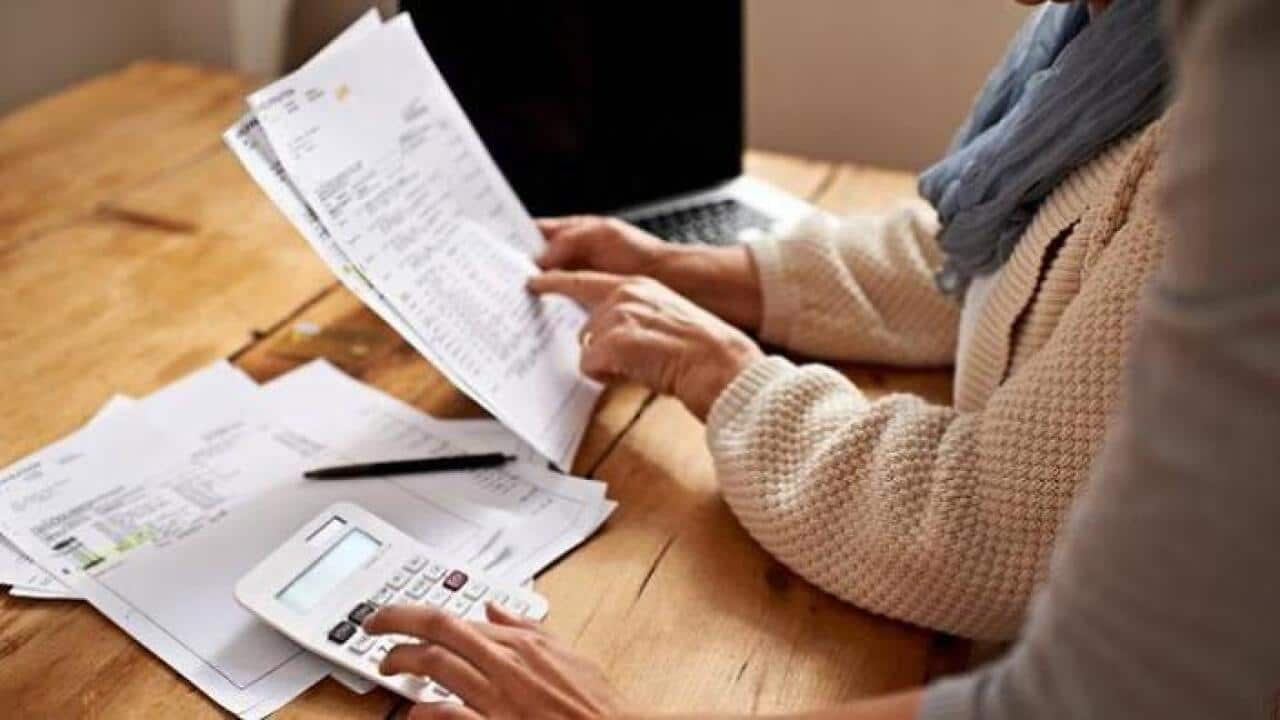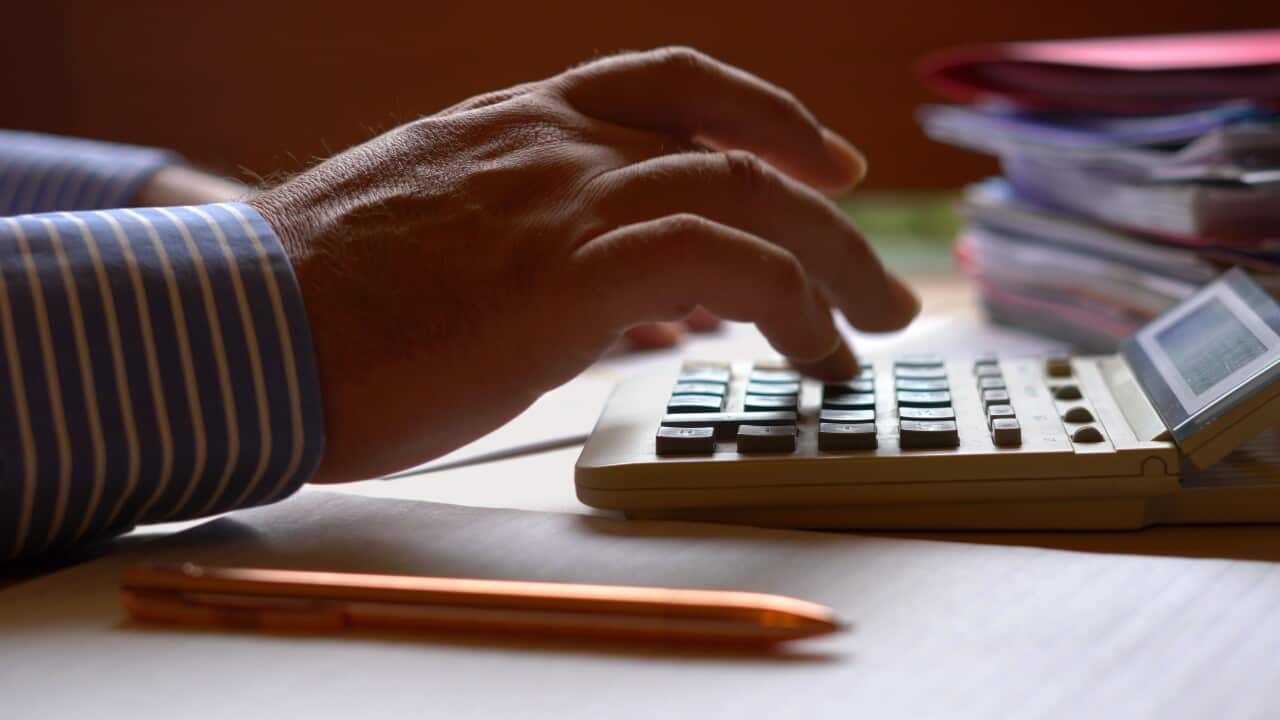If you have not yet filed your tax return for the 2023/24 financial year, now is the time to start getting organised.
The Australian Taxation Office (ATO) has issued a reminder that the due date for individuals who lodge their own income tax returns is fast approaching.
And if you don't lodge your return on time, you could face hefty penalties.
Here's everything you need to know.
When do I need to lodge my tax return?
Individuals can either prepare and lodge their tax return themselves, or engage a registered tax agent to lodge it on their behalf.
For individuals lodging their own tax return, the deadline is 31 October.
If you are lodging via a registered tax agent, the deadline can be extended, but certified public accountant Manoj Gupta warns that the October deadline is still important.
He said anybody planning on using a tax agent needs to be on the agent's books before the deadline so that the ATO does not record the return as overdue.
"It is very, very important to find a tax agent before the 31st of October and engage them, actually appoint them as a tax agent so they can get an extended lodgement date," he said.
"For example, if someone waits (to book) and goes to a tax agent on the 15th of November, their lodgement date was the 31st of October, so their tax return is already overdue."
What happens if I don't file my tax return on time?
There can be penalties for lodging a tax return late.
Individuals who do not lodge their tax return on time may receive a Failure to Lodge penalty. This could mean a $313 charge for every 28 days you do not lodge your tax return, with a maximum fine amount of $1565.

Australians can either choose to do their own tax return or pay to have a tax agent complete their return for them. Source: Getty / LPETTET
ATO assistant commissioner Rob Thomson said extensions can be granted in some situations.
"‘If you believe you may have difficulty meeting your tax obligations, contact the ATO before the deadline to lodge so that we can take your circumstances into account," he said.
What can I claim on tax?
Depending on your circumstances, you may be able to claim work-related deductions in your tax return.
If you work from home, you can claim a portion of your electricity and internet bills as deductions. Similarly, if you use your mobile phone for work, you can claim a portion of your phone bill as a deduction.
If you require particular stationary, equipment or subscriptions as part of your job, these can be claimed.
But Gupta said you cannot claim your work commute as a tax deduction.
"Often people do make a mistake where they claim car expenses going from home to work, which is not claimable," he said.
"But they can claim car expenses if they are going from one work site to another, or any work travel other than going from home to work."
If you have to wear a uniform with a logo or protective gear and work boots as part of your job, these can be claimed, but non-uniform work clothing cannot be claimed, Gupta advises.
"Any uniform that you're wearing which you cannot wear anywhere else, you claim that uniform if you paid for that uniform," he said.
"If they have a computer bag and they're using a computer for work, then whatever percentage they're claiming of the computer for work-related usage, this bag can be claimed."
Items such as purses, clothing without work logos, or office shoes should not be claimed, he said.
Tax-deductible charity donations over $2 can be claimed if you have kept a receipt, along with things like union membership fees, education and training, and the cost of your tax appointment.
Will I get a tax bill?
Depending on your income and deductions, some people will get a refund after lodging their tax return, while others will receive a bill.
It can be difficult to predict whether you will receive a bill or not as several factors can contribute.
For example, if you sell property or investments, this might move you into a higher tax bracket, meaning you have to pay more to the ATO.
Additionally, if you are working multiple jobs, have not declared your HECS or HELP debt with your employer, or have earned money through other means, you may not have paid enough tax throughout the year.
But if you have had capital losses, moved into a lower-paying job, been unemployed for a period throughout the year, or have a significant amount of deductions, you may have paid too much tax and be entitled to a refund.
To speak with a financial counsellor in your state or territory call the National Debt Helpline on 1800 007 007
Call 1800 808 488 to speak to a First Nations financial counsellor from Mob Strong Debt Help.




